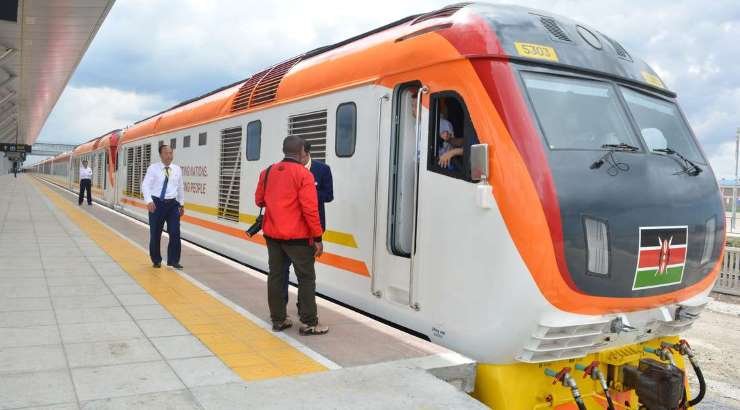The series of tax measures that the government has been proposing are set to increase as a response to the mounting economic pressures it has been facing including the recent default on the loan borrowed from China to build the Standard Gauge Railway (SGR).
Already making progress with the Tax Laws (Amendment) Bill, 2024 and Tax Procedures (Amendment) (No.2) Bill, 2024, that are meant to boost the government’s coffers, the administration is now in need of more revenue following it’s growing expenses. For instance, the recent default of the Sh167.5 billion loan by the Kenya Railways Corporation.
The loan which was borrowed through the Treasury was meant to begin being repaid in 2020. However, due to low revenue from cargo and passenger service, the corporation has yet to make any repayment from operations. As a result, the loan is now default, and it set to cost the public an additional Sh1.6 billion in penalties.
To make matters worse, the debt accounts for a staggering 62% of the Sh266.5 billion debt offered to state agencies through the Treasury. With the state of Kenya’s public finances precarious, the taxpayers will have to shoulder the burden of servicing these loans and pay for the increasing expenses.
With the government looking to increase it’s revenue stream in billions, it is focusing on a number proposals such as introducing a withholding tax on interest from a bond, note, or other similar security, a hike on telephone and data services from 15% to 20% as well as a raise in the Railway Development Levy from 1.5% to 2.5%.
In light of these challenges, the government’s push for new taxes is likely to intensify. Especially with the government already of the notion that the country will benefit from the additional tax measures. According to Isaac Mwaura, government spokesperson, new tax proposals are crucial to spur economic growth.
“These amendments are part of a larger plan to stabilize the Kenyan economy. Our debt currently stands at 68% of GDP, down from 73%. By increasing local revenue through fair tax reforms, we aim to reduce reliance on foreign debt, align with global best practices and secure financial stability for future generations,” Mwaura said.
As the government focuses on increased stakeholder engagement on its proposals, international financial institutions, including the World Bank and the International Monetary Fund (IMF), are closely monitoring Kenya’s fiscal situation. In fact, both organizations have warned of the difficulties in implementing fresh tax reforms.
The current administration will need to raise additional revenue and tax reforms as well as additional taxes will be their solution, as it has been in the past. Whether Kenyans will agree to the proposals or go down the proposed Finance bill route, that remains to be seen.


